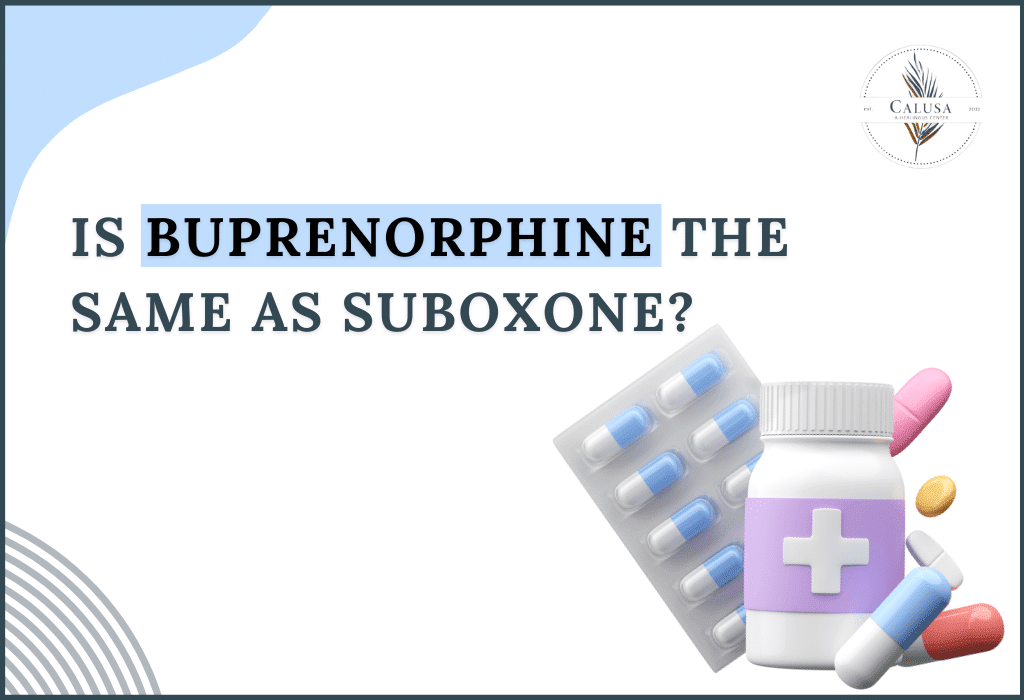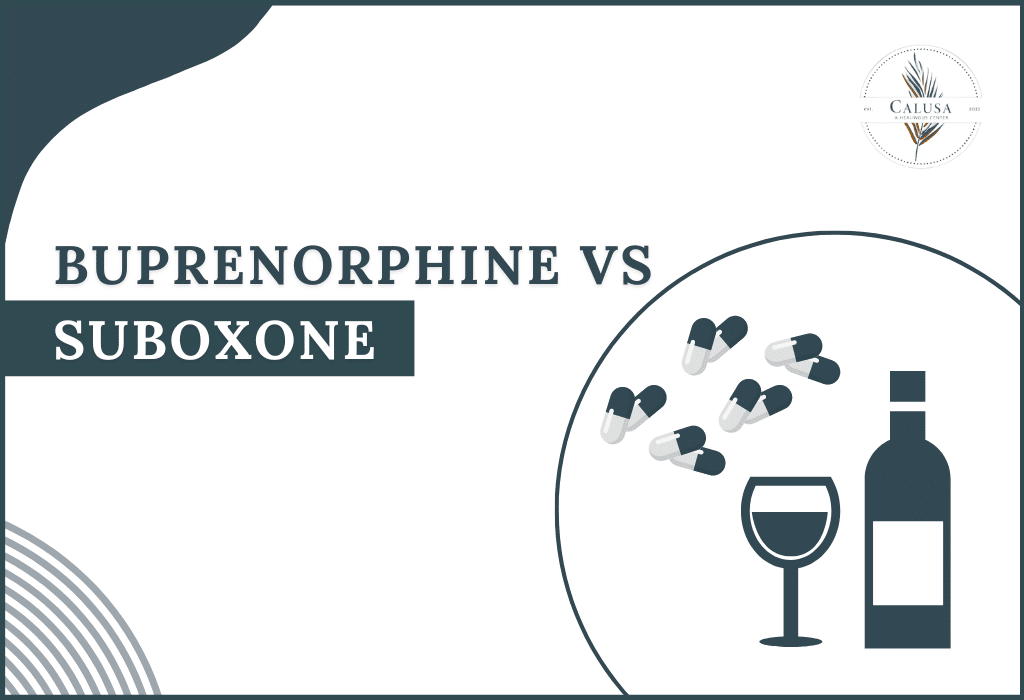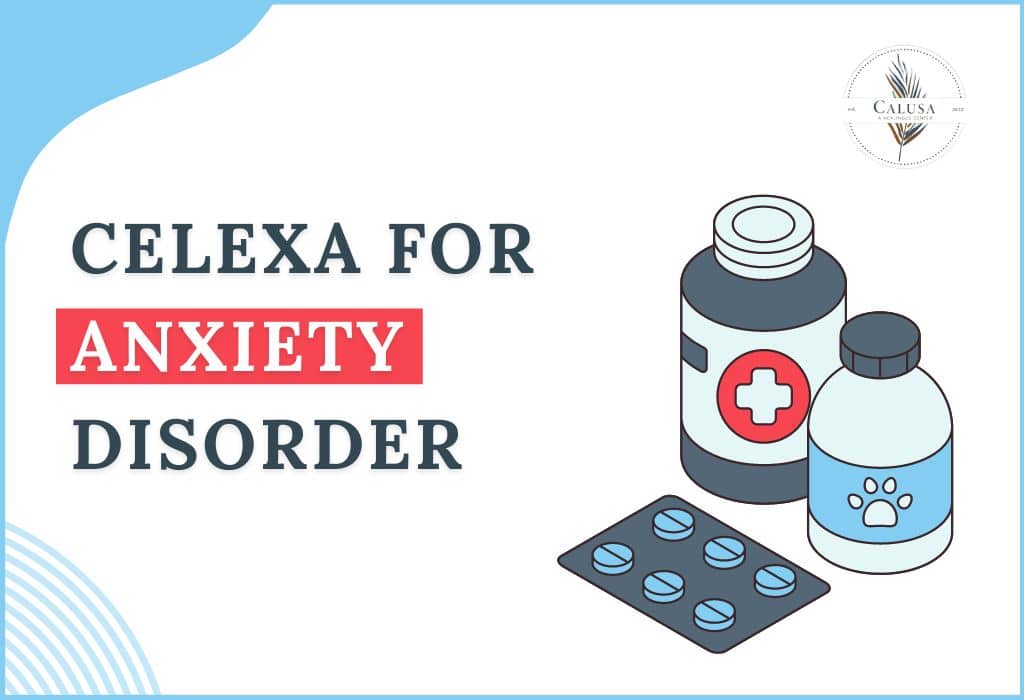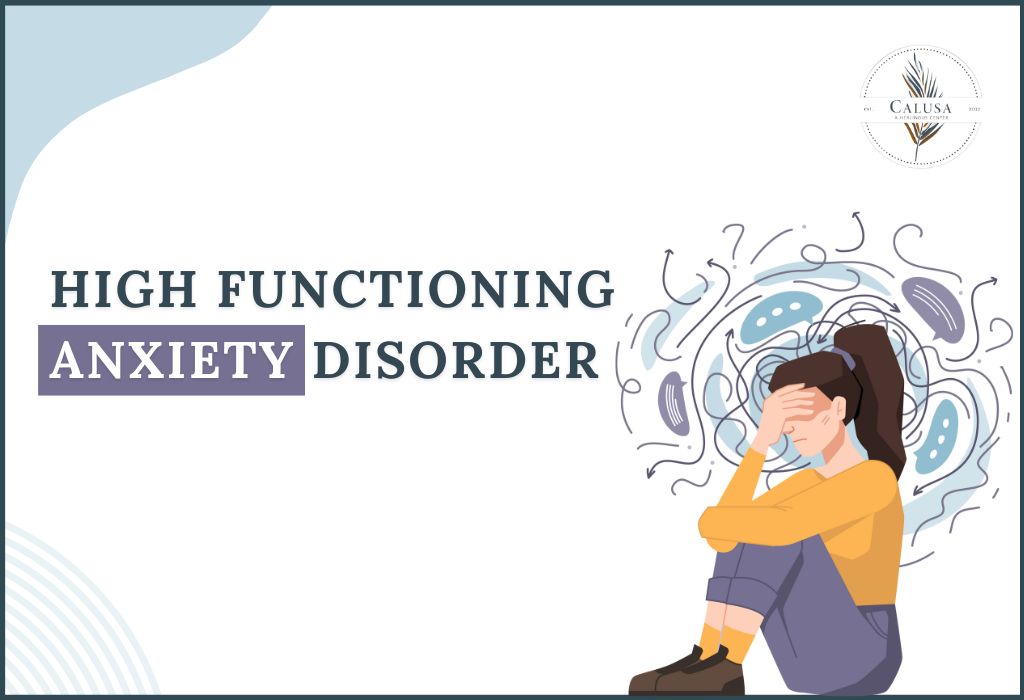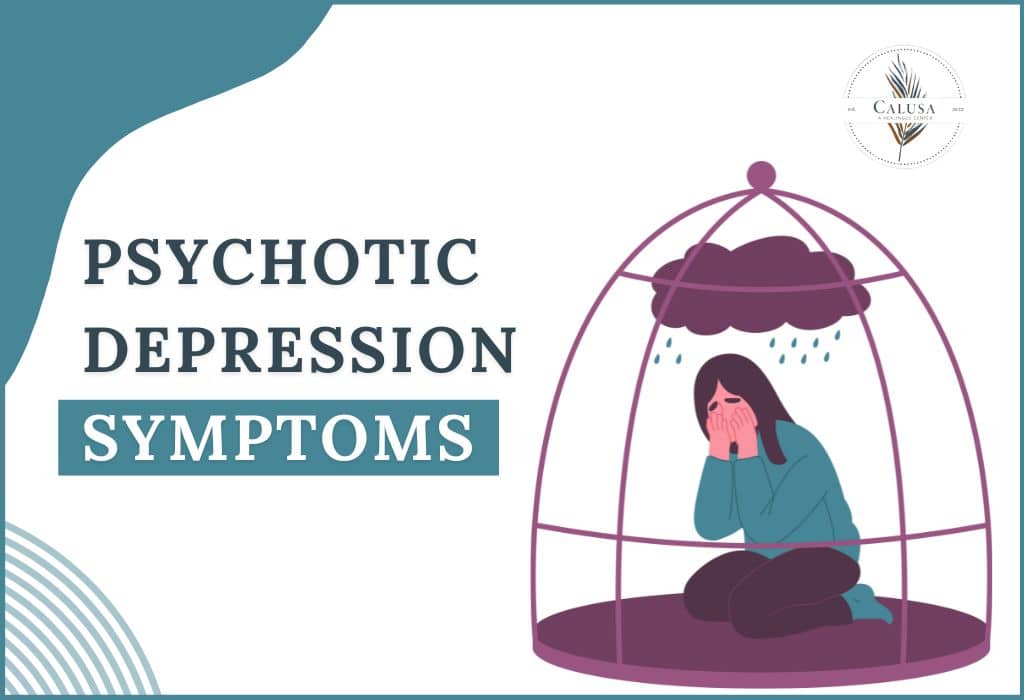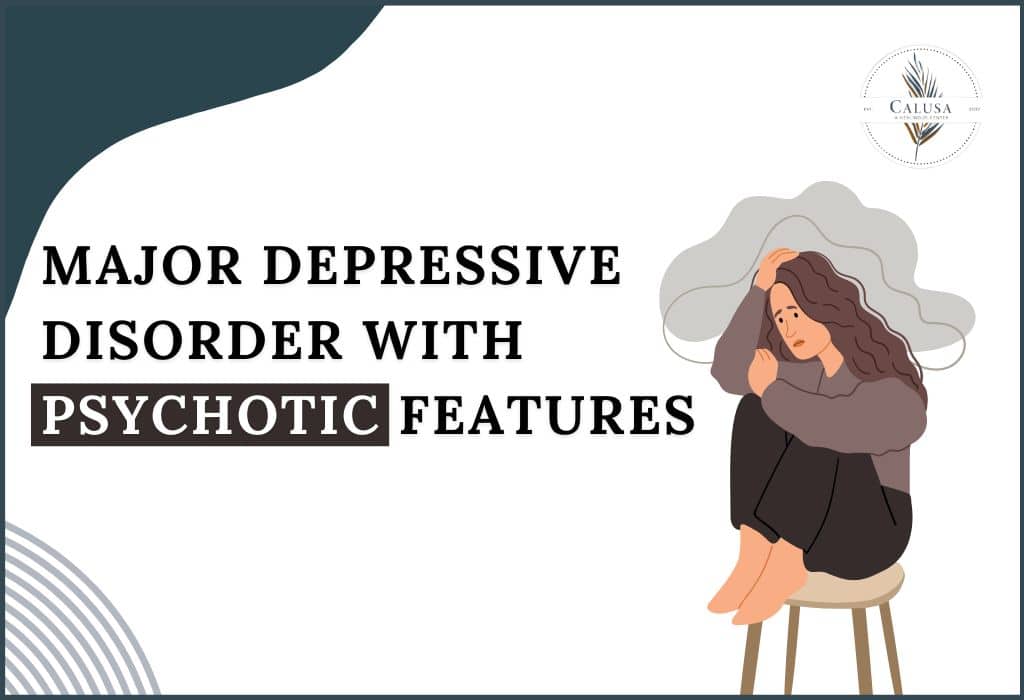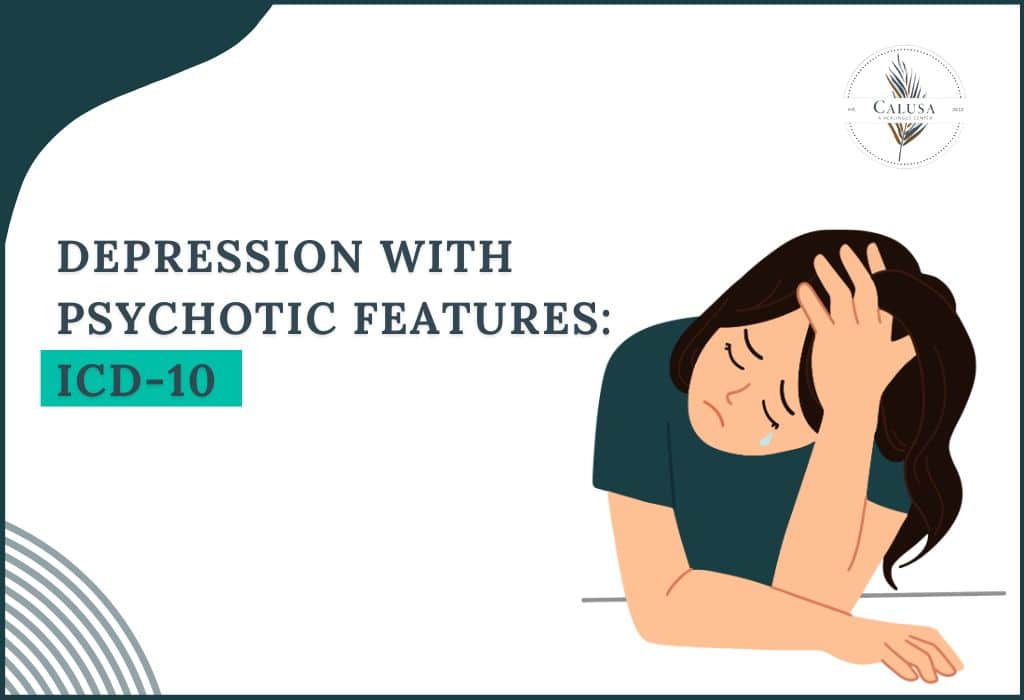Withdrawal symptoms can be very uncomfortable and even dangerous. The severity of these symptoms depends on how severe the drug addiction is, but they are always challenging to overcome, especially if you try to detox on your own. This is why it’s crucial to seek professional addiction treatment and undergo withdrawal management to detox safely and effectively. In this article, you’ll learn about detox, what withdrawal management is, and more.
Calusa Recovery is a drug and alcohol rehab in Fort Myers that offers various treatment programs for drug and alcohol addiction and mental health issues. We treat the whole person, not just the addiction, using a holistic approach. We provide unique support and care to help clients overcome addiction and live happier, healthier lives in sobriety.
If you or someone you know is struggling with addiction, contact us today to learn how we can help you in your addiction recovery journey.
What is a Detox Program?
The detoxification process is a crucial first step in any addict’s recovery journey. During detoxification, withdrawal symptoms are inevitable as the body adjusts to being without drugs or alcohol. A detox program helps addicts safely and effectively manage these symptoms, providing constant support and care. Depending on how severe the addiction is, some addicts may be prescribed medications to help them safely get through withdrawal and begin their recovery journey.
What Role Does Detox Play in Recovery?
Detox is a necessary first step for any addict’s recovery journey. Without detoxing, the mind and body will be unable to give their full undivided focus and attention to making lasting, meaningful changes toward lifelong sobriety. Therefore, detox plays a crucial role in recovery because all addicts must detox to start their road to recovery and maintain a long-lasting life of sobriety.
What is Drug Withdrawal?
Drug withdrawal occurs when the body does not receive the drug they have become dependent upon to achieve the desired effect. The brain naturally produces its own dopamine, which causes you to feel satisfied. When you consume drugs that provide external dopamine hits, over time the body naturally produces less dopamine as it is being fulfilled through consuming drugs. This is how addicts form a dependency on the drug.
However, when addicts stop abusing drugs, this causes the body to try and compensate for the lack of external dopamine hits its accustomed to receiving. Inevitably, this results in uncomfortable withdrawal symptoms that often last about a week. In severe cases, withdrawal symptoms may last upwards of two weeks.
Common drug withdrawal symptoms may include:
- Nausea
- Anxiety
- Insomnia
- Sweating
- Muscle Cramps
- Diarrhea
- Water discharge from the eyes and nose
However, although the above withdrawal symptoms can be uncomfortable, it’s important to understand that these are temporary symptoms that will last a matter of days.
Calusa Recovery offers comprehensive drug detox in Fort Myers. Contact us today to learn more.
What is Withdrawal Management?
While the term detox is likely familiar, you may be wondering, “What is withdrawal management?” Withdrawal management refers to providing essential support and care to help recovering addicts overcome their withdrawal symptoms safely and effectively. In severe cases, medically managed withdrawal may even include prescribing certain medications to help address uncomfortable symptoms during the detoxification process.
While withdrawal symptoms can be painful and uncomfortable, undergoing withdrawal management treatment helps addicts go through the detox process with constant supportive care to help them every step of the way. Detoxing can be extremely difficult to do on your own. This is why seeking a professional detox program that provides management of withdrawal symptoms is essential for addicts looking to quit using and begin their journey to a long-lasting life of sobriety.
The impact of withdrawal management on recovery
Withdrawal management plays a crucial role in the recovery process. It sets the foundation for successful long-term sobriety and helps individuals regain control over their lives. By effectively managing withdrawal symptoms, individuals can break free from the physical and psychological grip of addiction, paving the way for comprehensive treatment and ongoing support.
When withdrawal is managed effectively, it reduces the risk of relapse and allows individuals to focus on addressing the underlying issues contributing to their addiction. It provides a clean slate for individuals to start their recovery journey with a clear mind and a renewed sense of purpose.
Strategies for effective withdrawal management
Utilizing medication-assisted treatment (MAT)
Withdrawal management can be an intense and uncomfortable process, especially when it comes to substances like opioids or alcohol. Medication-assisted treatment (MAT) is a comprehensive approach that combines medications with counseling and behavioral therapies to address substance use disorders.
MAT utilizes medications such as methadone, buprenorphine, or naltrexone to help relieve withdrawal symptoms and cravings while minimizing the risk of relapse. These medications work by blocking the euphoric effects of substances or reducing withdrawal symptoms, allowing individuals to focus on their recovery without being overwhelmed by physical or psychological distress.
Incorporating counseling and therapy alongside medication is crucial in maximizing the effectiveness of MAT. Counseling sessions can help individuals address the underlying causes of their addiction, develop coping skills, and create a relapse prevention plan. It provides a safe space to explore emotions, gain insights, and receive guidance on managing triggers and stressors.
While MAT has proven to be highly effective in managing withdrawal symptoms and reducing the risk of relapse, it is essential to work closely with a healthcare professional to determine the most suitable medication and dosage for each individual. Regular check-ins and adjustments to the treatment plan may be necessary to ensure the best outcomes.
Addressing co-occurring mental health disorders
Dependency often goes hand in hand with mental health disorders. Conditions such as depression, anxiety, bipolar disorder, or post-traumatic stress disorder (PTSD) can significantly impact an individual’s ability to overcome addiction. Therefore, it is crucial to address co-occurring mental health disorders during the withdrawal management process.
Dual diagnosis treatment is an integrated approach that simultaneously addresses substance use disorders and mental health conditions. It involves a combination of medication, therapy, and support aimed at treating both issues concurrently. By addressing the underlying mental health concerns, individuals have a better chance of achieving long-term recovery.
Therapeutic modalities such as cognitive-behavioral therapy (CBT), dialectical behavior therapy (DBT), or trauma-focused therapy can be particularly beneficial in treating co-occurring disorders. These evidence-based approaches help individuals identify and change negative patterns of thinking and behavior, develop healthy coping mechanisms, and improve emotional regulation skills.
In addition to professional treatment, self-help support groups like Dual Recovery Anonymous (DRA) or Double Trouble in Recovery (DTR) can provide individuals with a sense of community and understanding. Connecting with others who have faced similar challenges can be incredibly empowering and inspiring during the withdrawal management process.
The role of support systems in withdrawal management
Recovery is a journey that should not be undertaken alone. Support systems play a crucial role in withdrawal management and long-term recovery. Whether it’s family, friends, support groups, or healthcare professionals, having a strong network of people who genuinely care can make all the difference.
Family and friends can provide emotional support, encouragement, and accountability throughout the withdrawal process. Their understanding and willingness to learn about addiction can foster a positive and nurturing environment, promoting healing and growth. Open and honest communication is key to maintaining healthy relationships and establishing boundaries that support recovery.
Support groups, such as Alcoholics Anonymous (AA) or Narcotics Anonymous (NA), offer a safe space for individuals to share their experiences, connect with others on a similar journey, and build a support network. These groups provide a non-judgmental environment where individuals can learn from each other’s successes and setbacks, gain insights, and receive ongoing encouragement.
Professional support from therapists, counselors, or addiction specialists is also invaluable during withdrawal management. These professionals can provide expert guidance, monitor progress, and help navigate any challenges that arise. They can also assist in identifying additional resources or treatment options that may be beneficial in the recovery journey.
Self-care during the withdrawal process
Self-care is often overlooked but is a crucial aspect of effective withdrawal management. Taking care of one’s physical, emotional, and mental well-being can significantly impact the recovery process. Here are some self-care strategies to consider:
1. Exercise: Engaging in regular physical activity can help reduce cravings, boost mood, and improve overall well-being. Whether it’s going for a walk, practicing yoga, or participating in a sport, finding an activity that brings joy and promotes physical health is essential.
2. Healthy Eating: Proper nutrition can support the body’s healing process during withdrawal. Consuming a balanced diet rich in fruits, vegetables, whole grains, and lean proteins can provide essential nutrients and help stabilize mood and energy levels.
3. Sleep: Withdrawal symptoms can disrupt sleep patterns, making it challenging to get adequate rest. Establishing a consistent sleep routine, creating a comfortable sleep environment, and practicing relaxation techniques can promote better sleep quality.
4. Stress Management: Stress is a common trigger for relapse. Finding healthy ways to manage stress, such as practicing mindfulness, deep breathing exercises, or engaging in hobbies or activities that bring joy, can be instrumental in maintaining sobriety.
5. Self-Reflection: Taking time for self-reflection and introspection can help individuals gain clarity, identify personal goals, and develop a sense of purpose. Journaling, meditation, or engaging in creative outlets can facilitate this process.
Common challenges in withdrawal management
Although withdrawal management is an essential component of addiction recovery, it can present various challenges. One of the primary challenges is the discomfort associated with withdrawal symptoms. These symptoms can range from mild to severe, depending on the substance or behavior being withdrawn from and the individual’s unique physiology.
Another challenge is the psychological impact of withdrawal. Many individuals experience mood swings, anxiety, depression, or intense cravings during this time. These psychological symptoms can be overwhelming and may require additional support and coping strategies to manage effectively.
Additionally, the fear of facing withdrawal symptoms often discourages individuals from seeking help or attempting to quit their addictive behaviors. It is essential to address these challenges and provide individuals with the necessary tools and support to overcome them.
How to Find Withdrawal Management in Florida
Now you know more about what a detox program is, what is withdrawal management, and more. Seeking professional addiction treatment is essential to ensure an addict safely and effectively overcomes withdrawal symptoms. Depending on the severity of an addict’s addiction, withdrawal symptoms can be potentially life-threatening. At a professional addiction treatment center, recovering addicts receive constant care and support to safely and successfully overcome their withdrawal symptoms.
Calusa Recovery offers several treatment programs, including a detoxification program, so addicts can receive withdrawal management support to overcome uncomfortable withdrawal symptoms. Using evidence-based methods, our detox programs help recovering addicts overcome their addiction safely so they can start down their road to recovery and live a long-term life of sobriety. Struggling with addiction? Contact us to learn how we can help you overcome your addiction for good so you can lead a happier, healthier life.


